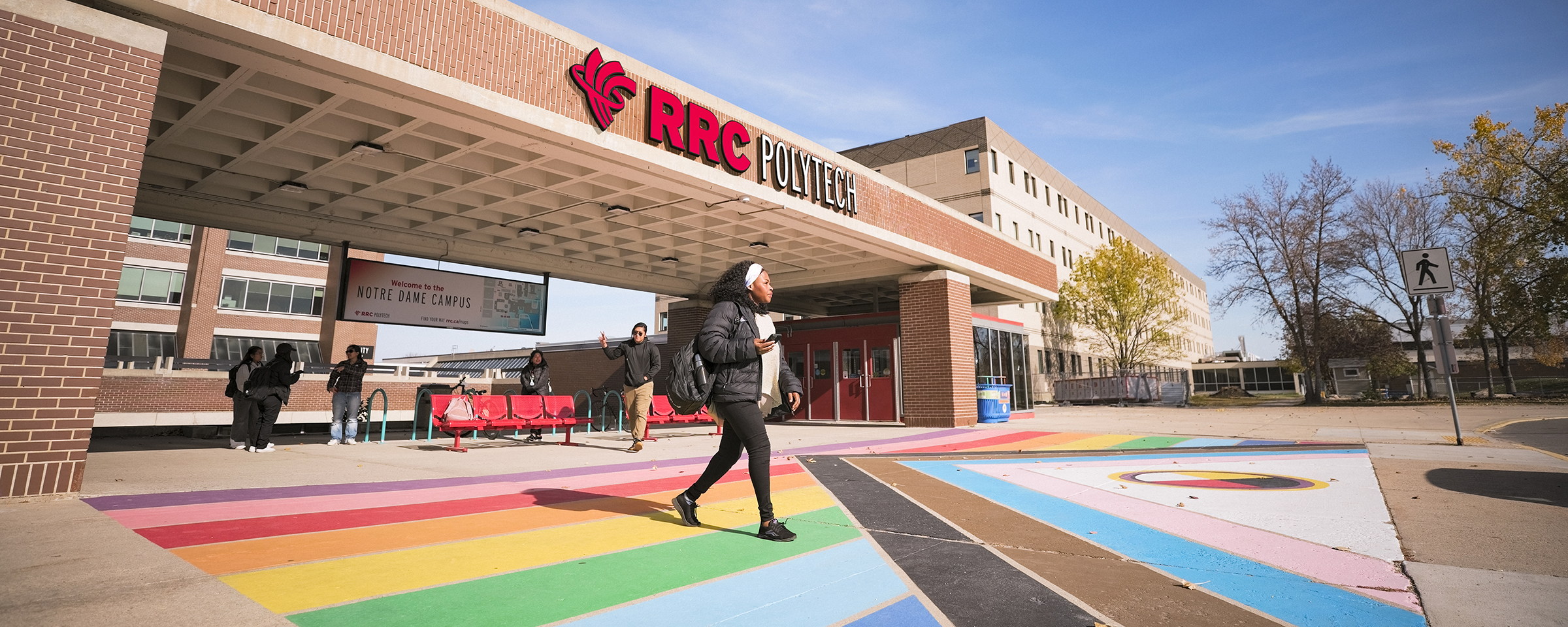Rebels Volleyball Teams Win Again
Both the Rebels men’s and women’s volleyball teams were victorious this past weekend against the College Universitaire de St. Boniface.
On Friday, the women started the night by winning 3-0 (25-14, 25-16, 25-19) and the men followed with their own straight set victory (25-13, 25-20, 25-15). Saturday saw the women defeat CUSB 3-0 (25-17, 25-12, 25-21), while the men were equally dominant as they also came out on top 3-0 (25-23, 25-11, 25-18).
Both teams are undefeated in MCAC league play and will play host to ACC (Assiniboine Community College) on Saturday, Nov. 6th. The women play at 11:00am and 2:00pm, while the men’s matches will be at 12:30pm and 3:30pm. All Red River College staff and students are encouraged to attend. Free admission with your staff or student card!
Visit the Rebels Website for the entire season schedule, as well as the most up to date results.
